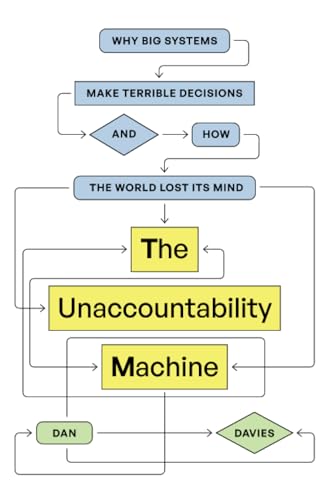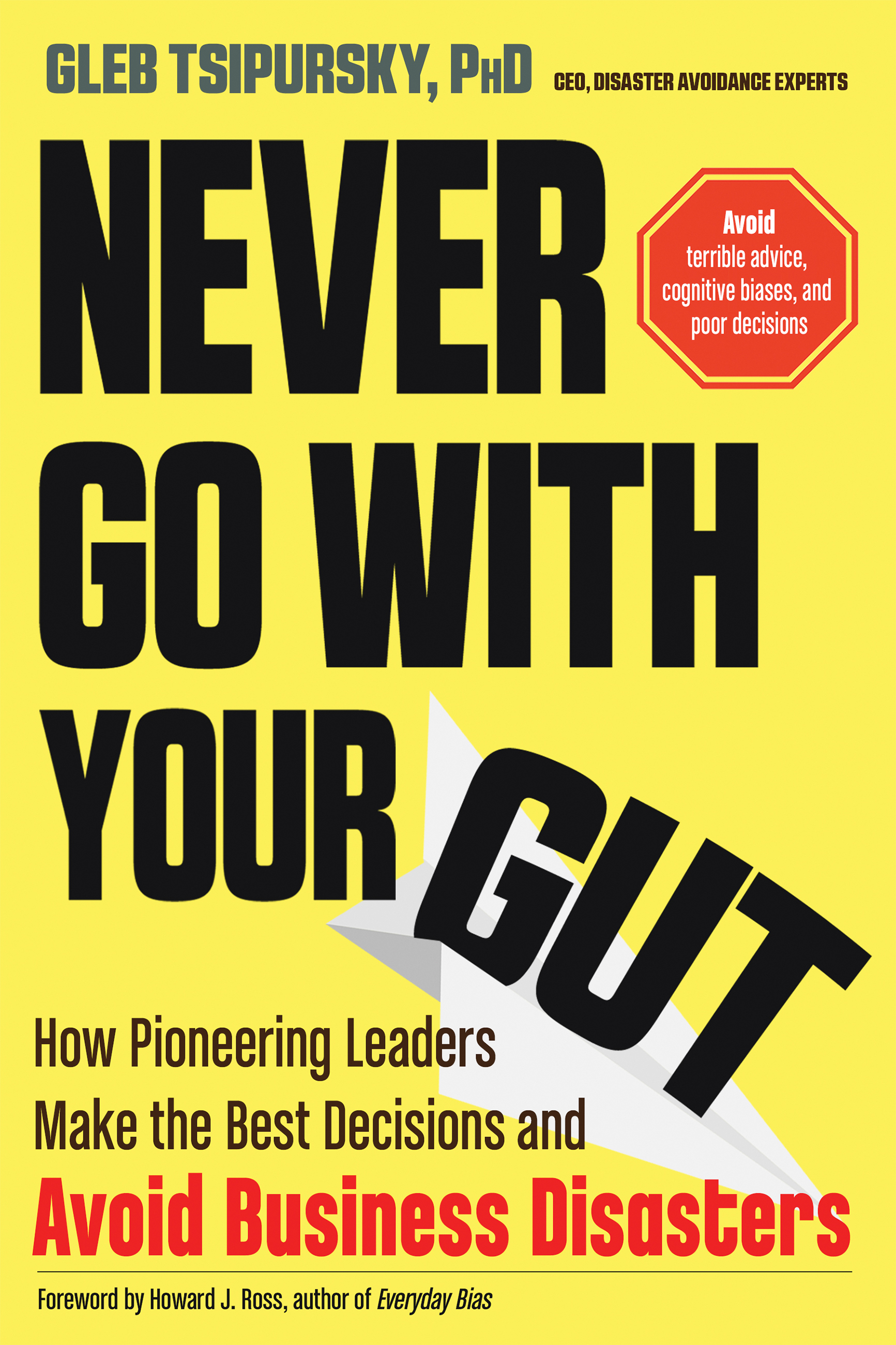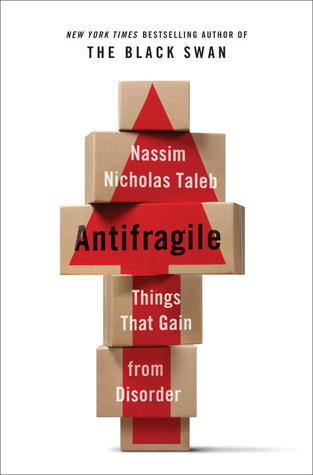
Skin in the Game: The Hidden Asymmetries in Daily Life
Book Description
What if the decisions that shape your life hinge on unseen forces? In "Skin in the Game," Nassim Nicholas Taleb uncovers the invisible asymmetries that govern our daily interactions, revealing how risk and responsibility intertwine in a world driven by hidden agendas. With a blend of sharp wit and incisive critique, he exposes the powerful figures who evade the consequences of their choices while ordinary people bear the brunt. This gripping exploration challenges conventional wisdom about luck, accountability, and the true cost of safety. Are you ready to confront the uncomfortable truths lurking beneath the surface of your decisions?
Quick Book Summary
"Skin in the Game" by Nassim Nicholas Taleb explores the crucial role that personal risk-bearing plays in ensuring fairness, integrity, and robustness in societies and organizations. Taleb argues that systems function best when decision-makers have something to lose if their choices go wrong—that is, they have "skin in the game." Through vivid anecdotes, critique, and philosophical reasoning, Taleb demonstrates how asymmetries of risk allow certain elites, bureaucrats, and experts to escape the consequences of their actions, often with disastrous results for everyone else. He contrasts this with historical and everyday examples of accountability, showing how shared risk leads to more just and antifragile outcomes. Ultimately, the book challenges readers to recognize and demand personal accountability in leadership, policymaking, and even daily interactions.
Summary of Key Ideas
Table of Contents
The Importance of Personal Risk and Responsibility
At the heart of "Skin in the Game" lies the concept that for any system—be it social, economic, or political—to function robustly and justly, those who make decisions must bear the consequences of their choices. Taleb uses historical examples and contemporary observations to illustrate how systems where risk is symmetrically distributed are more stable, fair, and trustworthy. This principle applies to everything from finance and government to religion and everyday life. When those in influential positions do not share in the potential downsides, the door opens for hidden agendas and misaligned incentives.
Consequences of Asymmetry in Decision-Making
Taleb critiques modern society, where increasingly, decision-makers and experts are insulated from the repercussions of their actions. He highlights the phenomenon by which politicians, bureaucrats, and financial professionals can often transfer the downside of their risk onto others, while retaining all the upside for themselves. This creates widespread moral hazard and undermines trust in institutions. Taleb contrasts this with traditional practices such as the Hammurabi code, where builders were directly accountable for the safety of their constructions, underscoring how personal responsibility is essential for social harmony.
Accountability as a Foundation for Trust
The importance of accountability forms a recurring thread throughout the book. Taleb claims that when individuals have skin in the game, their interests are aligned with those affected by their decisions, promoting ethical behavior and wiser choices. He extends this argument to domains like medicine, policy, and finance, suggesting that transparency and honesty are best achieved not through regulation, but by ensuring risk exposure. Accountability, he reasons, is what creates genuine trust and prevents abuses of power.
The Dangers of Expert Authority without Skin in the Game
Another central idea is the critical view of "expert" authority. Taleb points out that experts who lack skin in the game can cause enormous harm, especially when wielding influence over public life or markets. He is particularly skeptical of top-down decision-making and centralized knowledge, which often ignore local context and bear no responsibility for consequences. By contrast, practitioners who are directly affected by outcomes—such as artisans, traders, and entrepreneurs—tend to have more reliable knowledge and judgment precisely because they are invested in the results.
How Systems Become Robust through Shared Risk
Taleb concludes by asserting that societies thrive when structured around shared risk and direct accountability. He discusses how systems become "antifragile"—able to benefit and grow from volatility—when those involved are exposed to both positive and negative outcomes. The book challenges readers to seek out and cultivate environments where decision-makers have something to lose, making the case that skin in the game is not just a risk-sharing principle, but a deep ethical imperative for personal integrity and societal resilience.
Download This Summary
Get a free PDF of this summary instantly — no email required.





